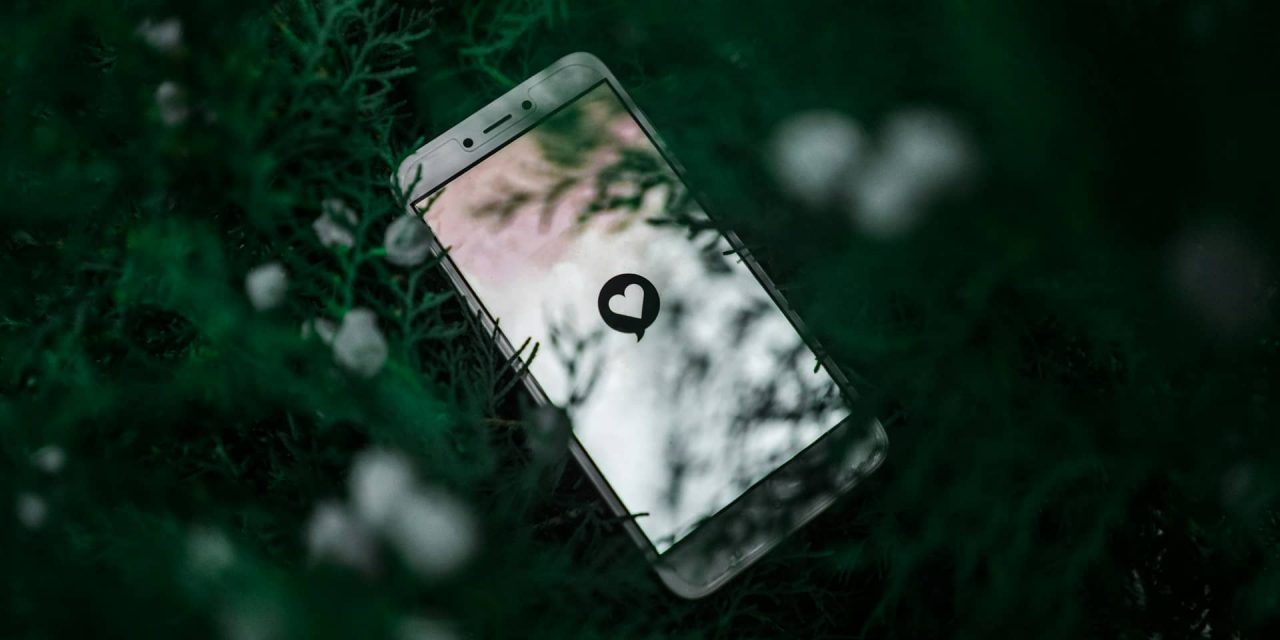Explore the paradox of online dating’s growth versus its psychological toll, highlighting the impact of choice overload on mental well-being.
Estimated reading time: 4 minutes
Online dating is here and growing increasingly popular by the passing day. A survey conducted by Pew Research Center in 2024 showed that 48% of adults aged 18-29 have used online dating platforms, a substantial rise from 27% in 2019. This growth is not confined to user base alone; financially, the global online dating market is projected to reach $3.67 billion in revenue by 2024, growing at a compound annual growth rate (CAGR) of 4.2% from 2019. Among numerous apps and services, Tinder stands out as the most popular, boasting over 100 million downloads and 8 million paid subscribers as of 2024.
Here’s What You’ll Discover:
The Paradox
The proliferation of online dating services has undeniably provided individuals with more opportunities to find potential partners. Yet, this increased choice has led to unintended psychological and social implications. For example, individuals seeking to meet a sugar daddy online, as well as those pursuing more traditional relationships, face these very complexities. Various studies conducted over recent years explore the link between an increased collection of choices and adverse outcomes.
The Psychological Toll of Abundant Choices
A 2019 study published in Social Psychological and Personality Science discovered that a higher number of potential partners led participants into a “rejection mindset,” where they were more likely to dismiss potential connections. This trend suggests that an excess of options may impede the decision-making process, rendering individuals less capable of choosing partners likely to yield satisfying relationships.
Further studies corroborate these findings. In 2022, research published in the Journal of Social and Personal Relationships linked choice overload from dating apps with lower self-esteem and an increased fear of being single. The phenomena were observed to stem from users facing too many options, making it challenging to make decisions and fostering a sense of insecurity about being single. By 2023, a study in Computers in Human Behavior found that online daters perceiving more choices experienced higher levels of dating anxiety and fatigue. This condition made them less likely to pursue meaningful connections, thus paradoxically reducing the efficacy of these platforms to serve their intended purpose: facilitating connections.
The implications extend beyond immediate decision-making challenges. A 2020 study in BMC Psychology revealed that frequent use of swipe-based dating apps was associated with higher chances of psychological distress, anxiety, and depression among users. Daily users had nearly three times the odds of experiencing depression compared to non-users. Further compounding these issues, a 2022 survey by the American Psychological Association indicated that 49% of online daters felt frustrated by the dating process, with 28% reporting increased insecurity. Another dimension to this issue emerged in 2021 when a study published in Cyberpsychology, Behavior, and Social Networking linked the excessive use of dating apps to higher body dissatisfaction and lower self-esteem, particularly among women.

The End Game Analysis
The evidence converges on a clear narrative: the overabundance of choices in online dating, while ostensibly beneficial, leads to paradoxical effects that can degrade users’ mental health and well-being. These effects manifest as increased rejection, lower self-evaluation, and poorer mental health outcomes for some users. The underlying issues are multifaceted, stemming from choice overload, unrealistic expectations, and difficulties forming meaningful connections through digital platforms. Essentially, the technological tools designed to expand our dating horizons also bring to bear considerable psychological burdens.
The broader societal and individual implications of these findings necessitate a nuanced understanding of how we engage with technology in pursuit of romantic connections. They highlight the importance of developing strategies to navigate the increasingly complex world of online dating, emphasizing mental health and well-being. As technology continues to evolve, so too must our approaches to finding and fostering meaningful relationships within this digital milieu.







